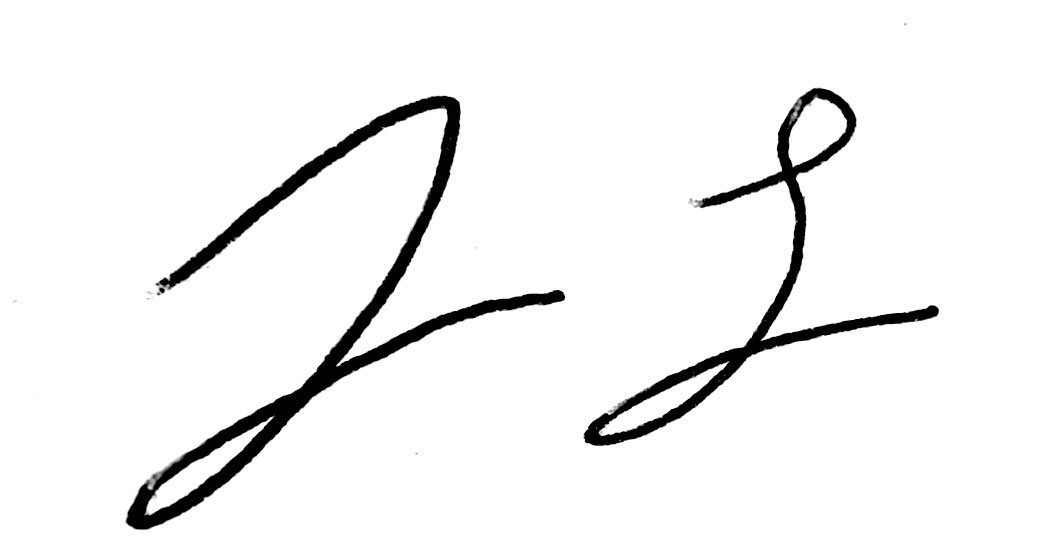Hey, everybody.
Welcome to the Collect, the corner of the internet where I ramble and reflect on things each Monday. If you’ve been around for a little while, you know that I can go wildly different directions each week — from religious reflections to fiction stories to intellectual infodumps. You’re never quite sure what you’re going to get from me — that’s how I keep you on your toes.
Today, however, is January 29th, the day my own little sister, Alison Link, entered this world. So I figured I might as well write something about that. Of course, me being me, it will only vaguely have anything to do with my sister and much more with the concept of the birthday.

Why do we celebrate birthdays?
Let me caveat this by saying I am not the best person to answer this question. I’m frankly quite terrible at celebrating birthdays, both my own and those of others. I once intentionally planned to spend my birthday moving apartments, to avoid any hint of a party on my behalf.
Now, to any of you who know me, that might seem quite strange. I love parties and also love being the center of attention. I greatly enjoy having people around and absolutely hate being alone. So what’s up with birthdays?
I think the real question drills down into just why we celebrate birthdays in the first place. What’s the big idea? Why have we as a culture decided that we ought to all celebrate the specific unit of one year in a person’s life? Why did culture not develop with parties commemorating every month of a person’s life, or six weeks, or semester? Why did we decide that people were worth celebrating at all?
That’s the real question. Why are people worth celebrating? And perhaps it’s cynical to ask, but I think it still deserves an answer.
See, the celebration of someone’s birth is an acknowledgment of appreciation; when I tell my sister ‘Happy Birthday’ today, I’m telling her that I am grateful and glad that she has made it from January 29th, an undisclosed number of years ago, to January 29th, 2024. I am expressing to her that her very existence — regardless of the events of the past X number of years, or even the past week — is something that I am grateful for.
We celebrate anniversaries of things (like July 4th in the US, or November 5th in the UK) because they are historical events that we think important enough to pass on to our children, or even that we think important enough to remind ourselves of each year. Birthdays aren’t really like that — I don’t wish my sister ‘Happy Birthday’ in an effort to remind her that she was born, or to remind myself (I wasn’t quite old enough to remember, and if I had been I would have probably suppressed that memory long ago). A birthday is less about the historical day of birth and more about the continuous fact of existence.
The date of someone’s birth isn’t actually the point of a birthday. Rather, it’s a convenient datum to use for the general acknowledgement of “Hey: you exist, and you have continued to exist for a while, and I’m glad of that.”
Now, some of you may be thinking, “Wow, I really don’t think that hard about wishing someone happy birthday; if I just met someone at a party and they told me it was their birthday, I would wish them happy birthday even if I didn’t know them at all.” And so would I! That’s because we, as a culture, once we got over the whole “survival of the fittest” thing (cf. Sparta) and throwing children off of cliffs in sacrifice to demons (cf. also Sparta), determined that all human life is valuable. The fact that a person exists, no matter their actions or accomplishments, is a good thing.
That’s what wishing someone a happy birthday actually means.
Of course, there’s plenty of value to using a birthday to also remember great accomplishments, or all of the character traits that work regularly to convince you that a person is worth appreciating; but the core of the sentiment is much deeper, and also much simpler, than that. And, of course, that’s where my own aversion to birthdays comes from.
See, I, like many others, am human. And that means that I am wounded. Now, wounds take many shapes and touch many different parts of who we are, and they can have many different sources as well — our parents, our childhood, our relationships, whatever. A great sign of maturity in a person is when they confront and acknowledge that they have wounds and take steps to ensure they don’t act out of those wounds, because as a great man once said, “Hurt people hurt people.” A great sign of immaturity in a person is when they demand that everyone else cater to their woundedness and avoid all sorts of particular things because they hurt.
In particular, I have wounds regarding my self-worth, and though I have faced and battled with those wounds many times over the years, and come to the conclusion that my self-worth comes, ultimately, from God, it is still quite difficult for me to accept appreciation and validation from other people. So, when people wish me Happy Birthday (read: “you exist and we like you”) I usually try to shrug it off, because I’m convinced that they can’t actually mean that, right?
I’m wrong, and I know I’m wrong. That’s an area that I definitely need to grow in.
To Alison
Of course, today is not my birthday; it’s my sister’s.
So happy birthday, Alison. I’m glad you exist. We don’t always see eye to eye, and you know I’m terrible at texting you back, but I’m glad that you were born and have survived to this day. You’ve grown up into a woman of intelligence and maturity, and you’re making your own way in a world where that can sometimes be difficult to do. I’m proud to call you my sister, and here’s to many more birthdays for me to over-analyze in the future.






I hadn't thought about birthdays that deeply before myself, but that's very profound. I will keep that in mind.
Also:
*clap*
*Oh we hear that it's her birthday
The day your sis was born
We hope she has a good one
So say the Scootleswarm!
*clap*